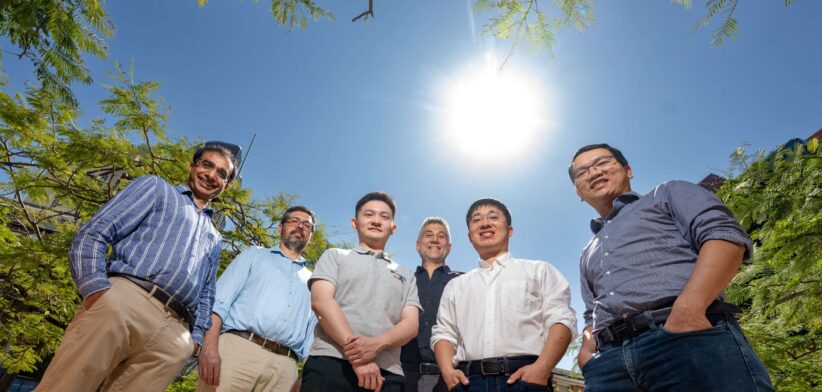As Brisbane’s last day of winter tomorrow is set to see the mercury soar well into the 30s, a new study has looked at ways we can mitigate heat in our urban centres.
QUT researchers analysed five decades of research and thousands of studies to identify five critical areas needed to tackle urban heat vulnerability (UHV).
Study lead Fei Li, of the QUT City 4.0 Lab in the School of Architecture and Built Environment, said recent research had broadened from focusing solely on climate modelling and weather monitoring to include public health and strategies for protecting vulnerable populations.
Mr Li said other key areas for mitigating UHV included innovative design and planning practices, the cooling effects of green and blue infrastructure and ecosystems, and advancements in remote sensing.
“As urban populations grow and climate change accelerates, extreme heat events are becoming more frequent, posing significant risks to public health,” Mr Li said.
“This increased exposure highlights the urgent need for targeted research and innovative solutions.”
He said UHV had received increasing attention over the past two decades due to the exacerbation of global warming and the Urban Heat Island (UHI) effect, which is where urban temperatures were noticeably higher than those in the surrounding suburban region.
Mr Li said the UHI effect is primarily attributed to increasingly dense urban structures and dwindling natural landscapes, with elevated temperatures leading to increased energy consumption, elevated emissions of air pollutants and greenhouse gases, compromised human health and impaired water quality.
“Leveraging technological advancements will be key to improving real-time monitoring and decision-making processes,” Mr Li said.
“Remote sensing can offer valuable data to help urban planners and policymakers develop effective strategies for enhancing climate resilience.”
Co-author Professor Tan Yigitcanlar said the findings underscored the importance of interdisciplinary collaboration in advancing UHV research.
“Integrating urban planning, environmental science, public health and advanced technologies is essential for developing comprehensive strategies to mitigate urban heat impacts,” he said.








